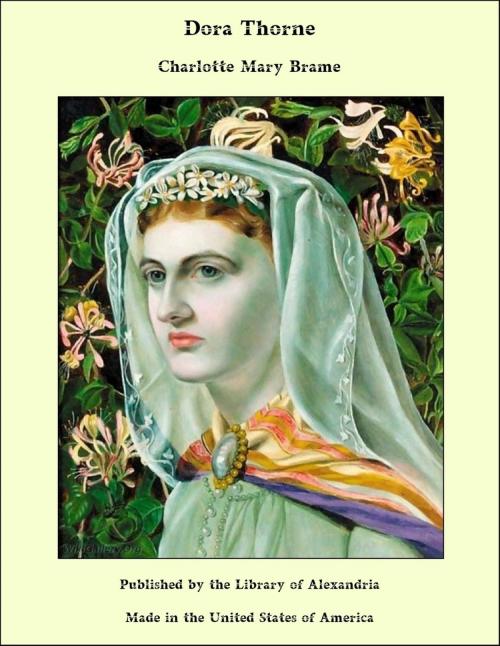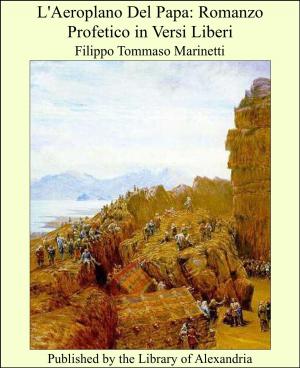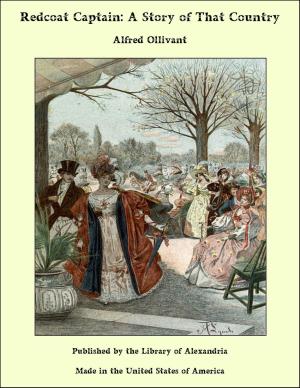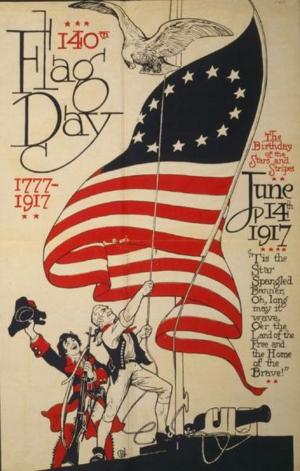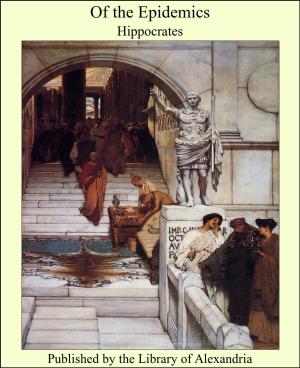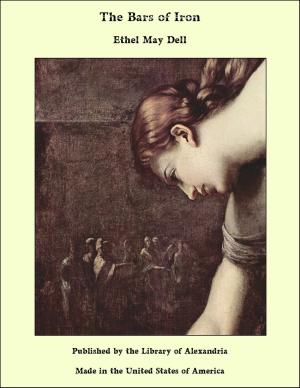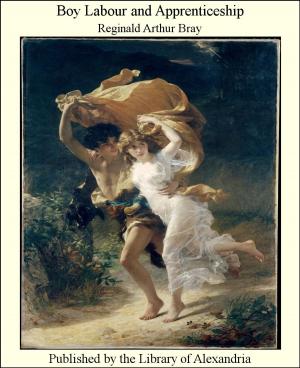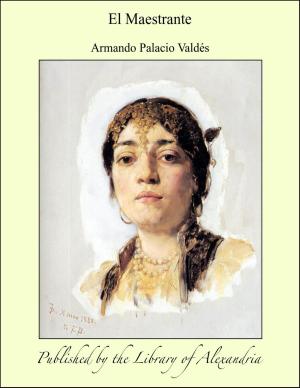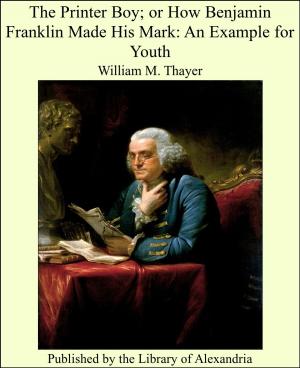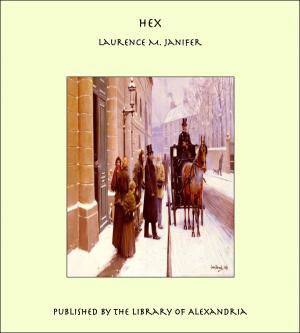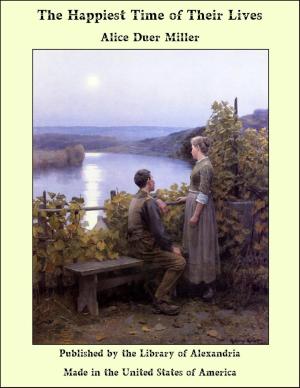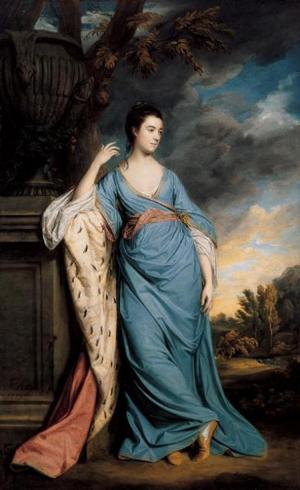| Author: | Charlotte Mary Brame | ISBN: | 9781465604729 |
| Publisher: | Library of Alexandria | Publication: | March 8, 2015 |
| Imprint: | Language: | English |
| Author: | Charlotte Mary Brame |
| ISBN: | 9781465604729 |
| Publisher: | Library of Alexandria |
| Publication: | March 8, 2015 |
| Imprint: | |
| Language: | English |
Most fathers would refuse to hear all this nonsense, Ronald, he said, gently. "I listen, and try to convince you by reasonable arguments that the step you seem bent upon taking is one that will entail nothing but misery. I have said no angry word to you, nor shall I do so. I tell you simply it can not be. Dora Thorne, my lodge keeper's daughter, is no fitting wife for my son, the heir of Earlescourt. Come with me, Ronald; I will show you further what I mean." They went together, the father and son, so like in face yet so dissimilar in mind. They had been walking up and down the broad terrace, one of the chief beauties of Earlescourt. The park and pleasure grounds, with flushed summer beauty, lay smiling around them. The song of hundreds of birds trilled through the sweet summer air, the water of many fountains rippled musically, rare flowers charmed the eye and sent forth sweet perfume; but neither song of birds nor fragrance of flowers—neither sunshine nor music—brought any brightness to the grave faces of the father and son. With slow steps they quitted the broad terrace, and entered the hall. They passed through a long suite of magnificent apartments, up the broad marble staircase, through long corridors, until they reached the picture gallery, one of the finest in England. Nearly every great master was represented there. Murillo, Guido, Raphael, Claude Lorraine, Salvator Rosa, Correggio, and Tintoretto. The lords of Earlescourt had all loved pictures, and each of them ad added to the treasures of that wonderful gallery. One portion of the gallery was set aside for the portraits of the family. Grim old warriors and fair ladies hung side by side; faces of marvelous beauty, bearing the signs of noble descent, shone out clearly from their gilded frames. "Look, Ronald," Lord Earle said, laying one hand upon his shoulder, "you stand before your ancestors now. Yours is a grand old race. England knows and honors it. Look at these pictured faces of the wives our fathers chose. There is Lady Sybella Earle; when one of Cromwell's soldiers drew his dagger to slay her husband, the truest friend King Charles ever had, she flung herself before him, and received the blow in his stead. She died, and he lived—noble and beautiful, is she not? Now look at the Lacy Alicia—this fair patrician lady smiling by the side of her grim lord; she, at the risk of her life, helped him to fly from prison, where he lay condemned to death for some great political wrong. She saved him, and for her sake he received pardon. Here is the Lady Helena—she is not beautiful, but look at the intellect, the queenly brow, the soul-lit eyes! She, I need not tell you, was a poetess. Wherever the English language was spoken, her verses were read—men were nobler and better for reading them. The ladies of our race were such that brave men may be proud of them. Is it not so, Ronald?"
Most fathers would refuse to hear all this nonsense, Ronald, he said, gently. "I listen, and try to convince you by reasonable arguments that the step you seem bent upon taking is one that will entail nothing but misery. I have said no angry word to you, nor shall I do so. I tell you simply it can not be. Dora Thorne, my lodge keeper's daughter, is no fitting wife for my son, the heir of Earlescourt. Come with me, Ronald; I will show you further what I mean." They went together, the father and son, so like in face yet so dissimilar in mind. They had been walking up and down the broad terrace, one of the chief beauties of Earlescourt. The park and pleasure grounds, with flushed summer beauty, lay smiling around them. The song of hundreds of birds trilled through the sweet summer air, the water of many fountains rippled musically, rare flowers charmed the eye and sent forth sweet perfume; but neither song of birds nor fragrance of flowers—neither sunshine nor music—brought any brightness to the grave faces of the father and son. With slow steps they quitted the broad terrace, and entered the hall. They passed through a long suite of magnificent apartments, up the broad marble staircase, through long corridors, until they reached the picture gallery, one of the finest in England. Nearly every great master was represented there. Murillo, Guido, Raphael, Claude Lorraine, Salvator Rosa, Correggio, and Tintoretto. The lords of Earlescourt had all loved pictures, and each of them ad added to the treasures of that wonderful gallery. One portion of the gallery was set aside for the portraits of the family. Grim old warriors and fair ladies hung side by side; faces of marvelous beauty, bearing the signs of noble descent, shone out clearly from their gilded frames. "Look, Ronald," Lord Earle said, laying one hand upon his shoulder, "you stand before your ancestors now. Yours is a grand old race. England knows and honors it. Look at these pictured faces of the wives our fathers chose. There is Lady Sybella Earle; when one of Cromwell's soldiers drew his dagger to slay her husband, the truest friend King Charles ever had, she flung herself before him, and received the blow in his stead. She died, and he lived—noble and beautiful, is she not? Now look at the Lacy Alicia—this fair patrician lady smiling by the side of her grim lord; she, at the risk of her life, helped him to fly from prison, where he lay condemned to death for some great political wrong. She saved him, and for her sake he received pardon. Here is the Lady Helena—she is not beautiful, but look at the intellect, the queenly brow, the soul-lit eyes! She, I need not tell you, was a poetess. Wherever the English language was spoken, her verses were read—men were nobler and better for reading them. The ladies of our race were such that brave men may be proud of them. Is it not so, Ronald?"
